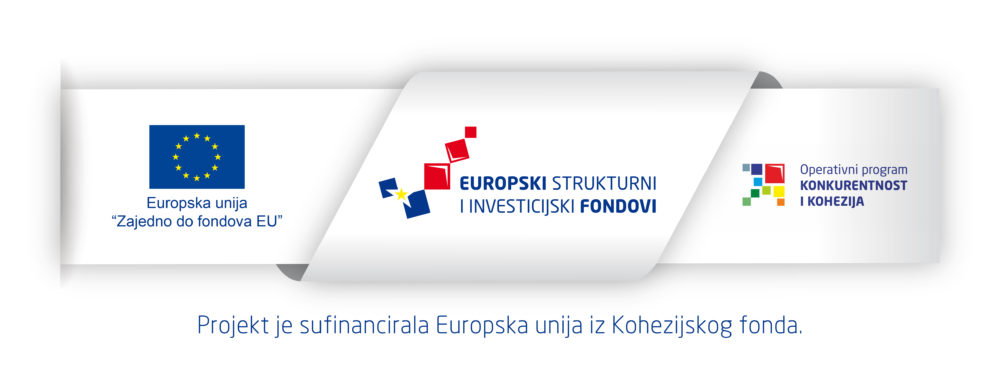Project Goal:
Informing and educating citizens about the reasons for EU transition to a circular economy and the role of waste management in the transition from a linear to a circular economy and building awareness of all public groups about the importance of waste management priorities (hierarchy). Building citizens’ awareness as consumers about the importance of changing their habits and the need for protection and more efficient resource management.
Reducing the amount of waste that is disposed of in landfills, primarily by preventing waste generation, i.e. reducing the amount of waste that is produced daily, increasing the amount of separately collected municipal waste, by reusing articles and home composting.
Project duration: 19 October 2018 – 19 June 2020
Competent authority: Ministry of Environmental Protection and Energy
Key activities:
Programme implementation helps build citizens’ awareness of the importance of responsible municipal waste management, with a special emphasis on waste prevention, proper waste separation in households, home composting and reuse of articles, aiming to reduce the amount of waste disposed in landfills.
The City of Rijeka has signed an Agreement on the allocation of grants for the implementation of the Programme relating to educational and information activities on sustainable waste management, which envisages the implementation of educational and information activities through:
- design of printing materials and distribution of leaflets, brochures, posters,
- production and broadcasting of multimedia shows via radio and television and social networks,
- holding workshops for children, performing educational plays for children, competitions at schools in making creative things from waste,
- marking the date of environmental protection,
- publication of advertisements in print media.
Project realisation will add positive changes to the waste management system, both during the implementation period and after the termination of the project implementation in the long run.
Budget:
- Total project budget: HRK 2,927,088.96
- EU funding: HRK 2,457,358.27 (85% of total eligible project costs)
Financed under:
European Structural and Investment Funds (ESI Funds) – Cohesion Fund – Operational Program “Competitiveness and Cohesion 2014-2020.”


